Difference Between IVF and ICSI: Cost & Success Rate
Fertility Treatment
Thanks to medical advancements and innovations, many fertility treatments have been devised nowadays to help infertile couples expand their family. Whether the cause of infertility is male or female factors, age, genetic disorders, or serious health issues of the parents, assisted reproductive technologies (ARTs) such as IVF, ICSI, and IUI can help couples conceive. In the following essay, we closely examine the differences between IVF and ICSI and answer some of your questions.
One crucial aspect to consider when choosing between these two procedures is their respective success rates. Understanding the success rates of IVF and ICSI is essential for couples making informed decisions about their fertility journey. This comparison aims to shed light on the nuanced differences in efficacy between IVF and ICSI, helping individuals navigate the complexities of fertility treatments with a clearer understanding of the potential outcomes associated with each method.
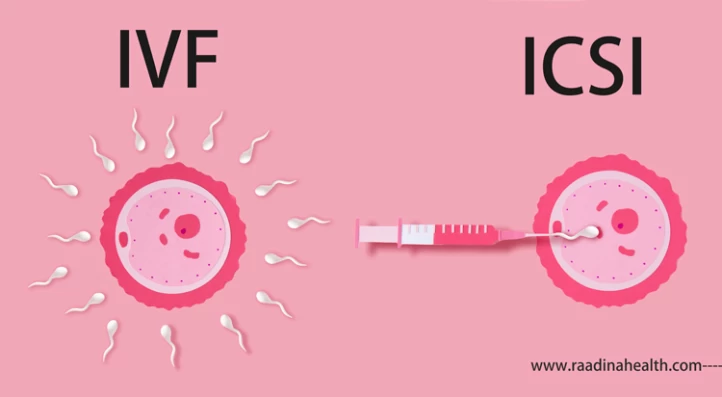
What Is IVF?
IVF is the most popular type of assisted reproductive technique because its procedure is simple, and its price is almost lower than other methods. In this fertility treatment, the sperm and egg retrieved from the intended parents (or donors) are placed in a special dish in the laboratory.
When the sperm penetrates the egg and fertilizes it, the resulting embryo is cultured for 3 to 5 days in an incubator and then is transferred to the mother's (or surrogate's) uterus to grow there for 37 weeks.
Throughout this journey, a fertility specialist and an embryologist constantly monitor the sex cells and embryos to choose the most quality ones. This will increase the chance of pregnancy and decrease the risk of miscarriage or congenital disabilities.
What Is ICSI?
Another assisted conception technique that works best for couples whose infertility is brought on by aberrant sperm parameters is intracytoplasmic sperm injection. Being a bit more complicated than IVF, in ICSI, the fertility doctor first washes the sperm and then chooses the healthiest one for the procedure. The egg is then fertilized by injecting that healthy sperm into its center. The rest of the steps are similar to IVF treatment.
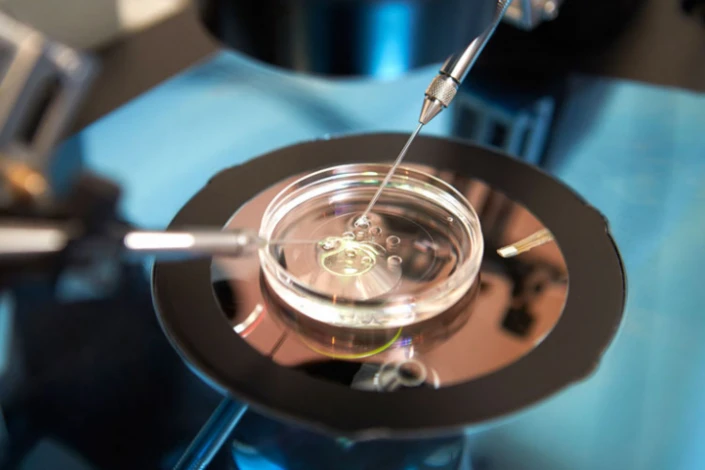
ICSI Vs. IVF; Ideal Candidates
The following mentions the difference between IVF and ICSI regarding their ideal candidates.
Good candidates for ICSI are the ones with the following:
- Advanced maternal age;
- Low sperm count (oligospermia) or no sperm count (azoospermia);
- The high number of sperms with abnormal shapes;
- Low sperm motility;
- High level of antibody in semen that kills the sperms;
- Chromosomal disorders;
- Previous failed IVF;
- Retrograde ejaculation; and
- A blockage in the vas deferens makes the doctor retrieve sperm directly from the epididymis or testicles.
Good candidates for IVF are also couples who have:
- High maternal age;
- Endometriosis;
- Ovarian disorders or cancer;
- Blocked fallopian tubes;
- Missed one or both fallopian tubes;
- Hormonal problems that result in producing low-quality eggs;
- Diminished ovarian reserve (DOR);
- Chromosomal disorders;
- Polycystic ovarian syndrome (PCOS);
- Low sperm count and motility;
- Azoospermia;
- A uterine problem or lacks one. In that case, they should use the surrogacy technique;
ICSI Vs. IVF; Preparation Tips
The things you should do before IVF and ICSI are quite the same. The following introduces the most important preparation tips for these fertility treatments.
- Perform different tests such as blood work, urine tests, semen analysis, ovarian and uterine examinations, and STD tests;
- If you have an allergy to certain foods and medications, inform your doctor;
- Have a balanced diet rich in vitamins, minerals, lean protein, and fiber;
- Do not have sugary, raw, and processed foods;
- Take prenatal vitamins and supplements;
- Maintain a healthy BMI;
- Avoid smoking and drinking;
- Manage your stress level;
- Take your medications as you have been instructed before embryo transfer;
- Get plenty of rest a few days before embryo transfer;
- Avoid exposure to harmful chemicals and radiation;
- Avoid hot places for weeks before transfer, and
- Do mild exercises to increase your blood flow and balance your heartbeat.
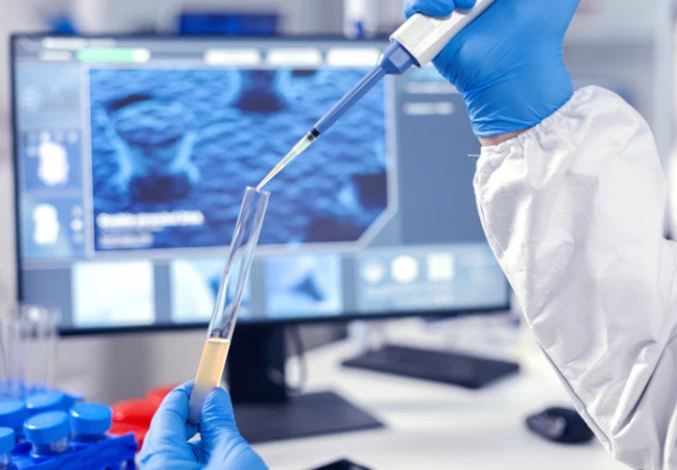
Difference between IVF and ICSI Procedures
Each IVF and ICSI cycle consists of five main steps. Read on to learn more about the procedures of these two fertility treatments.
Taking ovulation induction drugs
In IVF and ICSI, the would-be-mother or the egg donor should take hormonal medications (oral, suppository, and injectable) to produce more than one mature egg at a time. The more egg follicles her ovaries produce, the higher her chance of conceiving.
Egg and sperm retrieval
The doctor retrieves the eggs through a simple procedure when they are mature enough. The follicular puncture is an outpatient procedure, takes less than 30 minutes, and is done under light sedatives so that you can get back home right after egg collection. Sperm retrieval, on the other hand, is much easier as it doesn't require operation and sedatives. The father or sperm donor should only ejaculate in a sterile cup and give the semen sample to the laboratory technician. The fertility specialist then washes the semen and chooses healthy sperm that can be used in IVF or ICSI.
Embryo development and culture
IVF and ICSI only differ in this stage. In IVF, the sperm and the mature egg follicle are placed in an IVF dish and a culture media. The sperm penetrates the egg without human intervention and fertilizes it.
The resulting embryo is then developed in the laboratory for three to five days until it reaches the blastocyst stage. In ICSI, however, the healthy sperm is directly injected into the egg by using a microscopic needle. Once the oocyte is fertilized, the zygote is cultured in an incubator for up to five days to mature enough for transfer.
Embryo transfer
After fertilization, the parents can transfer or freeze the embryos. In the embryo transfer phase, one or more embryos are placed in the mother's or surrogate's womb using a cannula. The embryo transfer surgery is outpatient under local anesthesia or mild anesthetics. You may have cramps, pelvic pain, and spotting after this operation, which is normal.
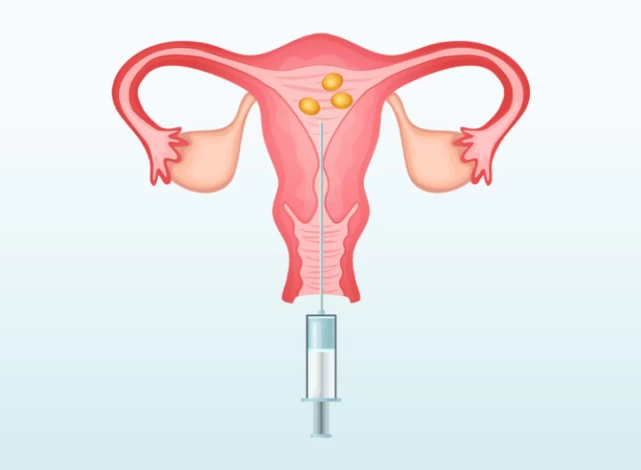
Taking pregnancy test
You can take a blood or urine test two weeks after embryo transfer to confirm the pregnancy. If you are pregnant, your doctor will perform an ultrasound examination to ensure the embryo is developing normally. If you are not pregnant, you can repeat the procedure using frozen or fresh eggs/embryos.
ICSI Vs. IVF: Risks and Side Effects
None of the assisted reproductive techniques are risk-free, including IVF and ICSI. Since these two fertility treatments have almost the same procedures, their complications are quite similar. This section briefly mentions common risks and side effects of ICSI and IVF.
- Pain in lower abdomen and pelvis;
- Breast tenderness and soreness;
- Mood swing as a result of taking hormonal medications;
- Extreme fatigue;
- Nausea and vomiting;
- Frequent headaches;
- Spotting or mild bleeding;
- Mild bruising and soreness at the injection site;
- Bloating;
- Multiple births can be dangerous for both the mother and the babies;
- Miscarriage;
- Ectopic pregnancy;
- Pre-term labor;
- Low birth weight;
- Developing OHSS;
- Ovarian torsion;
- Infection after embryo transfer and
- Developing high blood pressure and gestational diabetes.
ICSI Vs. IVF; Success Rate
The mother's age, the reason for her infertility, the quality of her eggs and sperm, the quality of her embryos, the state of her uterus, her overall health, and other factors all affect the success rate of both IVF and ICSI. According to studies, ICSI treatments have a success rate of 50–80%, whereas IVF treatments have a success rate of 50%–60%. Overall, the likelihood of a successful pregnancy and live birth increases with the quality of the embryos and the age of the mother.
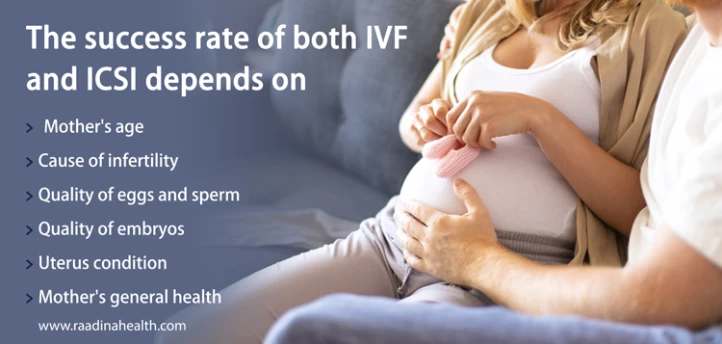
Should I Get IVF or ICSI?
Your fertility specialist chooses the best fertility treatment for you based on the results of your fertility tests, the cause of your infertility, current or previous health issues, age, and your plans for pregnancy. Remember that you cannot decide which method is the best for you based on its success rate or complications, as each body responds to fertility treatments uniquely.
IVF and ICSI Costs
Due to the intricacies of the procedures involved, there exists a notable cost disparity between ICSI (Intracytoplasmic Sperm Injection) and IVF (In Vitro Fertilization), a crucial consideration for couples navigating fertility treatments. Generally, ICSI tends to be more expensive than traditional IVF. The added cost of ICSI is attributed to the intricate nature of the procedure, where a single sperm is directly injected into an egg. This meticulous process requires specialized skills and equipment, contributing to higher laboratory expenses. Additionally, the need for highly trained embryologists further influences the overall cost of ICSI.
In contrast, IVF involves the fertilization of eggs by sperm in a culture dish, making it a comparatively less complex procedure. Couples exploring fertility treatment options should be aware of these financial nuances and carefully weigh the costs against potential benefits when deciding between ICSI and IVF.
Considering the financial implications of fertility treatments, couples often seek cost-effective options to realize their dreams of expanding their family. In this context, it's noteworthy to explore international alternatives. One such destination known for offering affordable yet high-quality reproductive technologies is Iran. The country has gained recognition for providing competitive prices for both ICSI and IVF procedures. As we delve into the intricacies of the cost difference between ICSI and IVF, it's worth considering how countries like Iran have become viable options for those looking to balance effective fertility treatments with financial considerations.

Fertility Treatment in Iran
In Iran, the most knowledgeable fertility doctors practice IVF and ICSI in high-standard clinics and hospitals. In this country, IVF and ICSI are done with the discretion and diagnosis of a team of experts (rather than one doctor), so the success rate of these two assisted conception methods is more than 80% in Iran. Despite having high-quality healthcare services, the cost of fertility treatment in Iran ranges between 1.000 to 2.500 USD in 2023, which is significantly lower than in other countries.
FAQs About the Difference between IVF and ICSI
1) How does IVF differ from ICSI?
The main difference between IVF and ICSI is how the sperm fertilizes the egg. In IVF, the sperm penetrates the egg independently, while in ICSI, the doctor should inject the sperm into the egg.
2) Is ICSI more successful than IVF?
On average, the success rate of ICSI is higher than IVF; however, as many factors can affect the success rate of assisted conception methods, it is hard to tell which one is more reliable and successful.
3) Which one is more expensive, IVF or ICSI?
Since ICSI involves an additional step and requires micro-manipulation equipment, its cost is slightly higher than IVF.
4) Is ICSI more successful than IVF on the first try?
In cases where the cause of infertility is unknown, ICSI has a higher success rate than IVF on the first cycle.



 WhatsApp
WhatsApp
 Telegram
Telegram
 Facebook
Facebook
 Email
Email

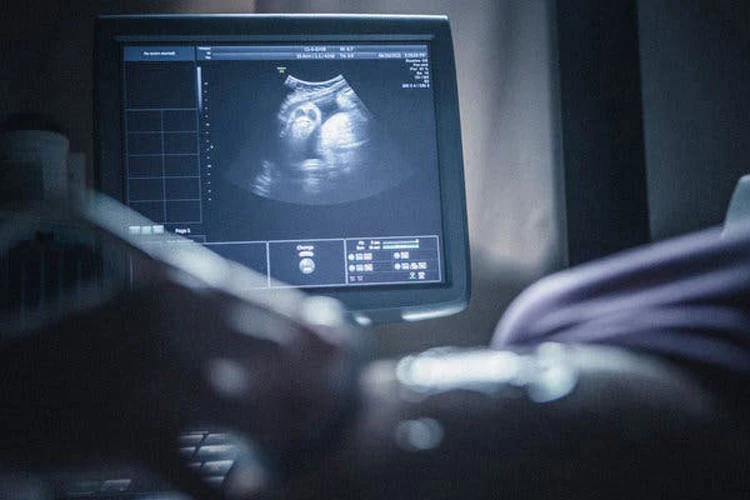
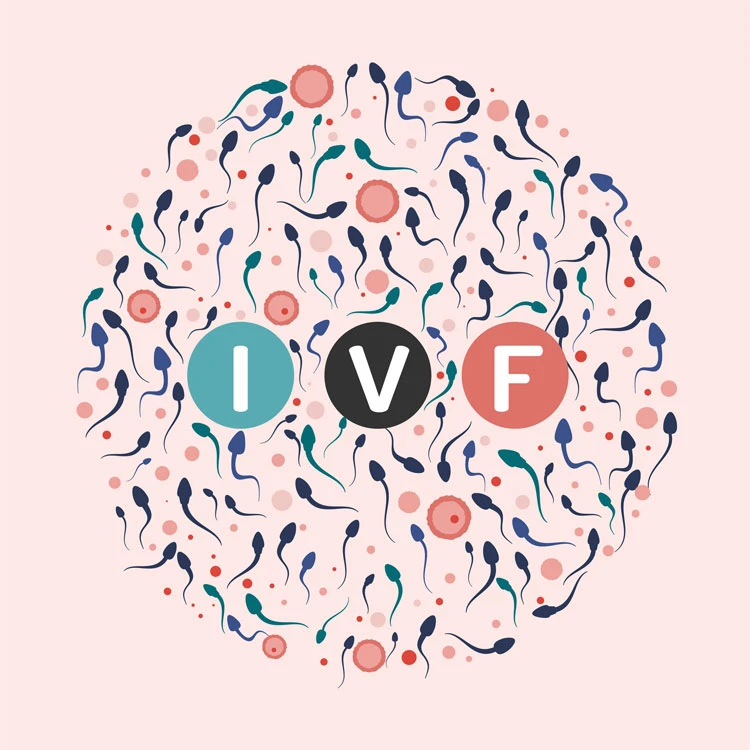
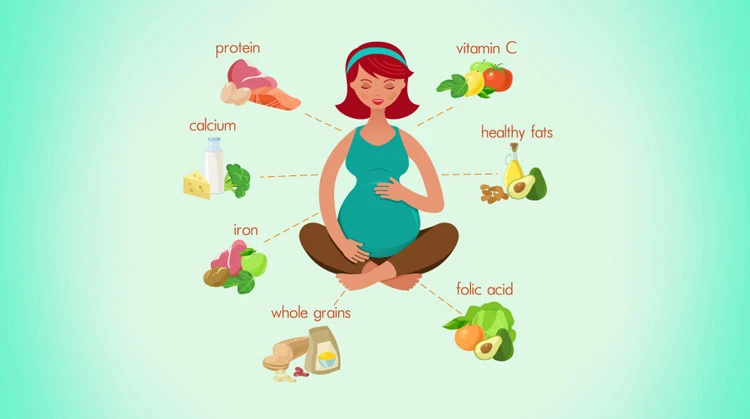
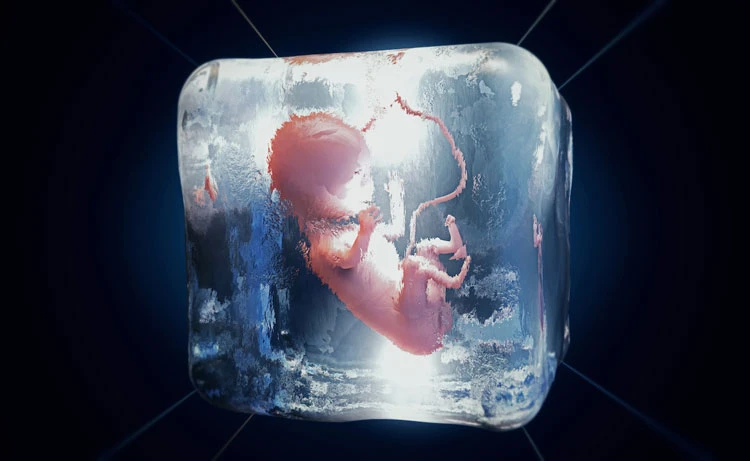

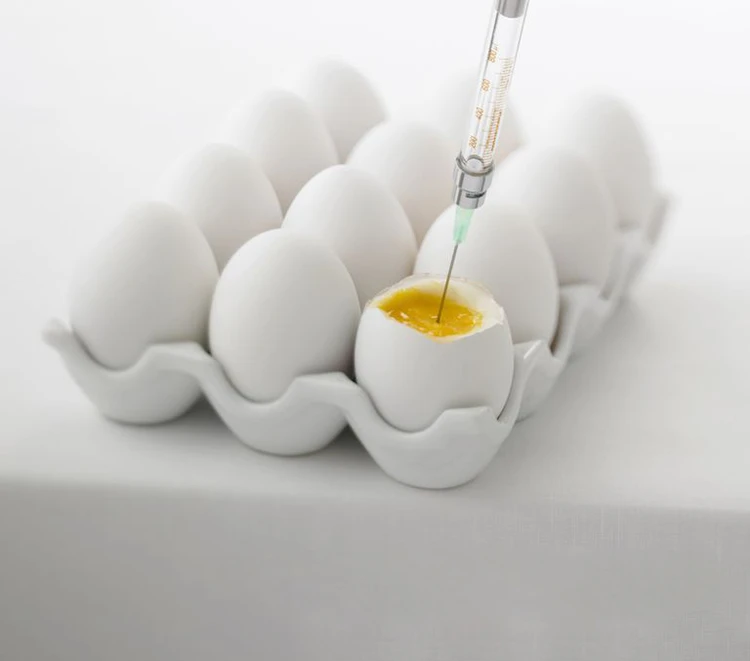
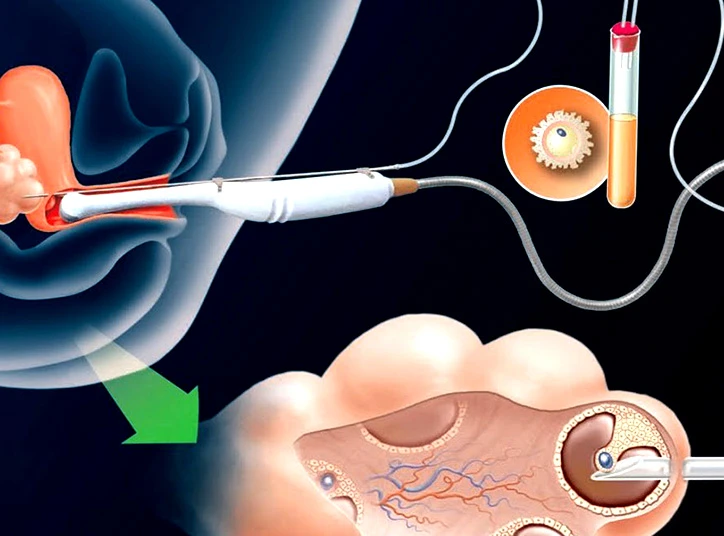
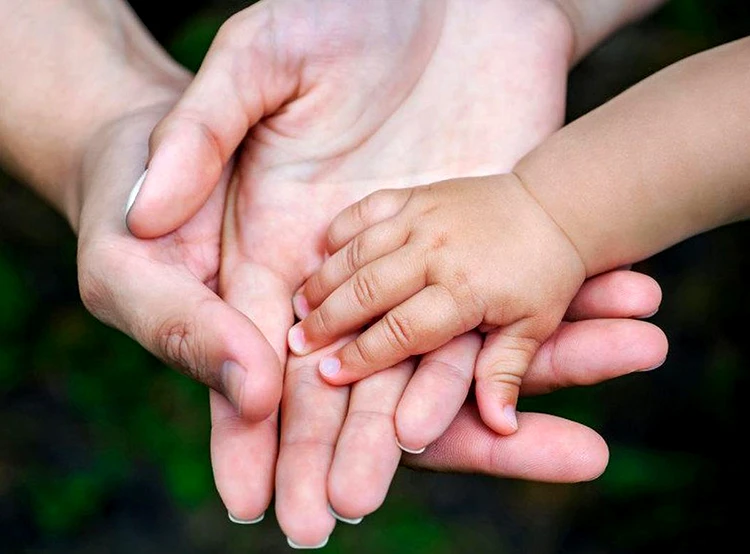
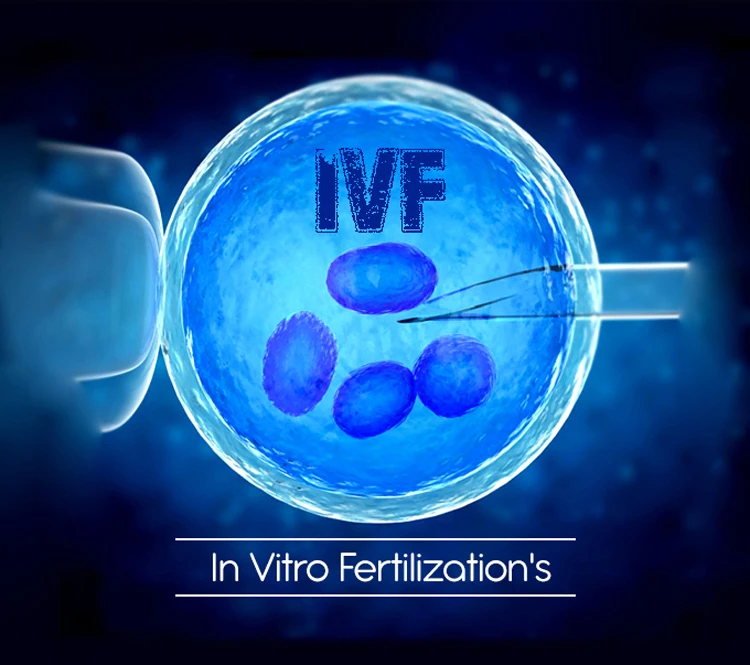

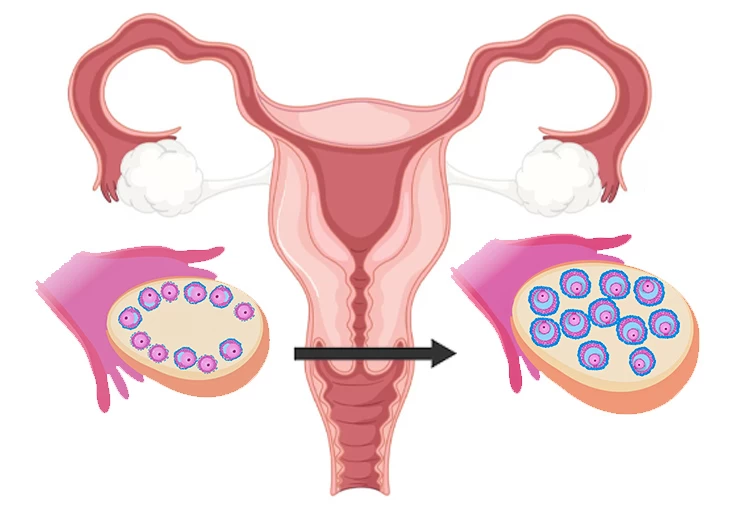
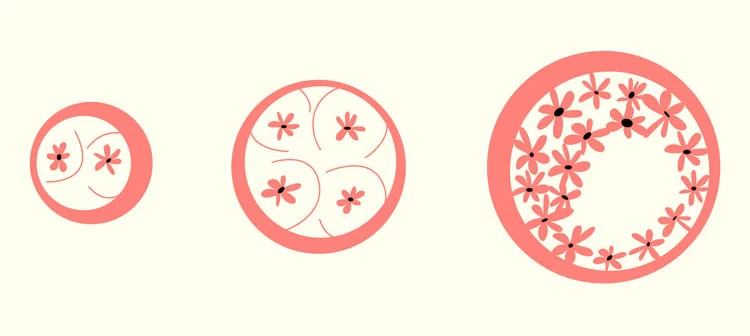
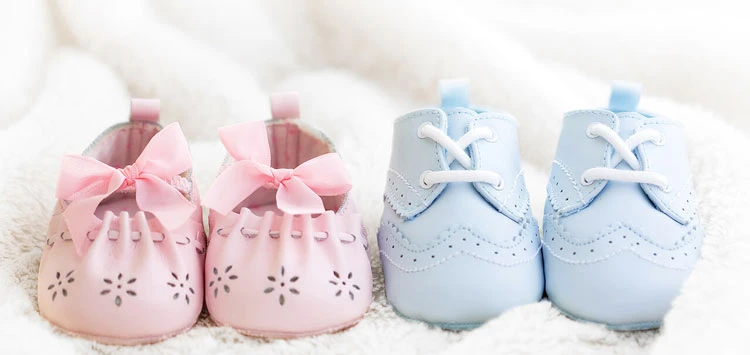
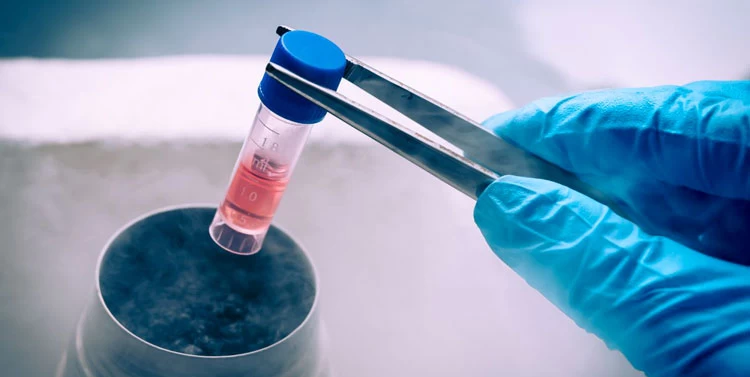

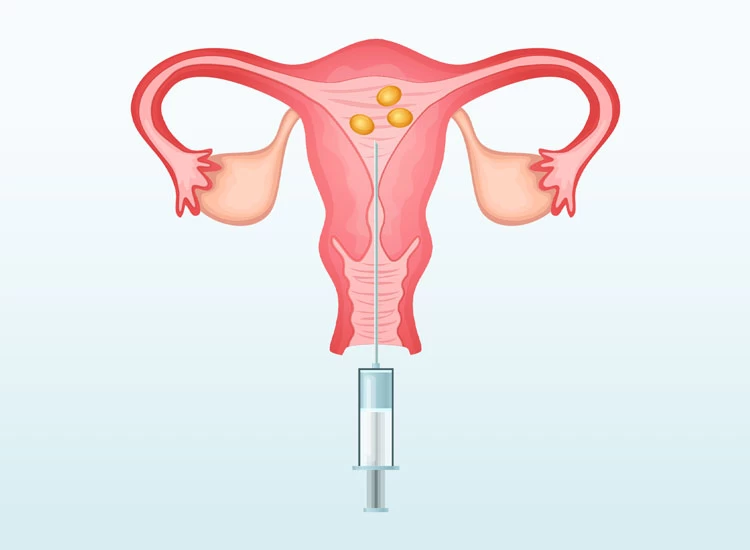


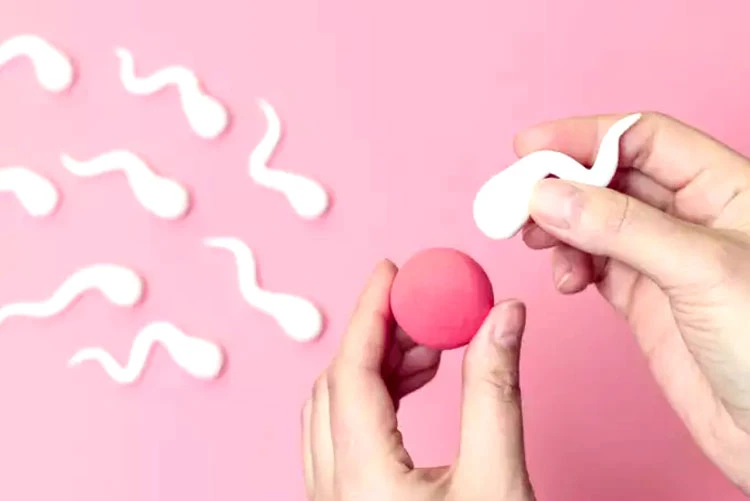
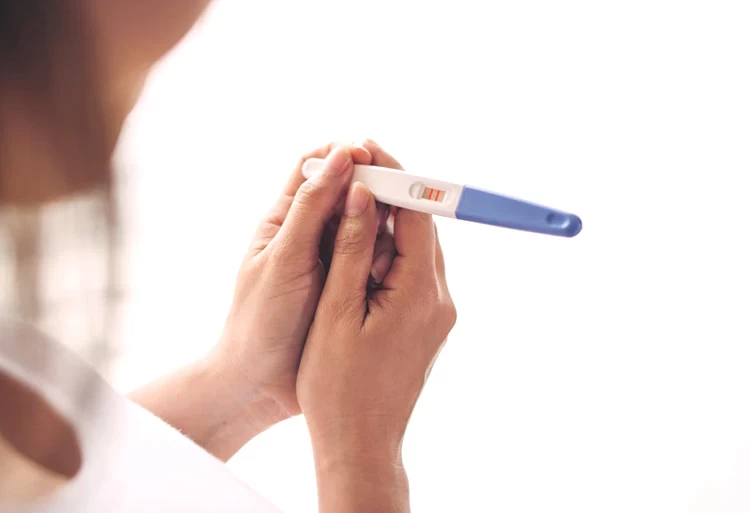
No reviews
Your comment